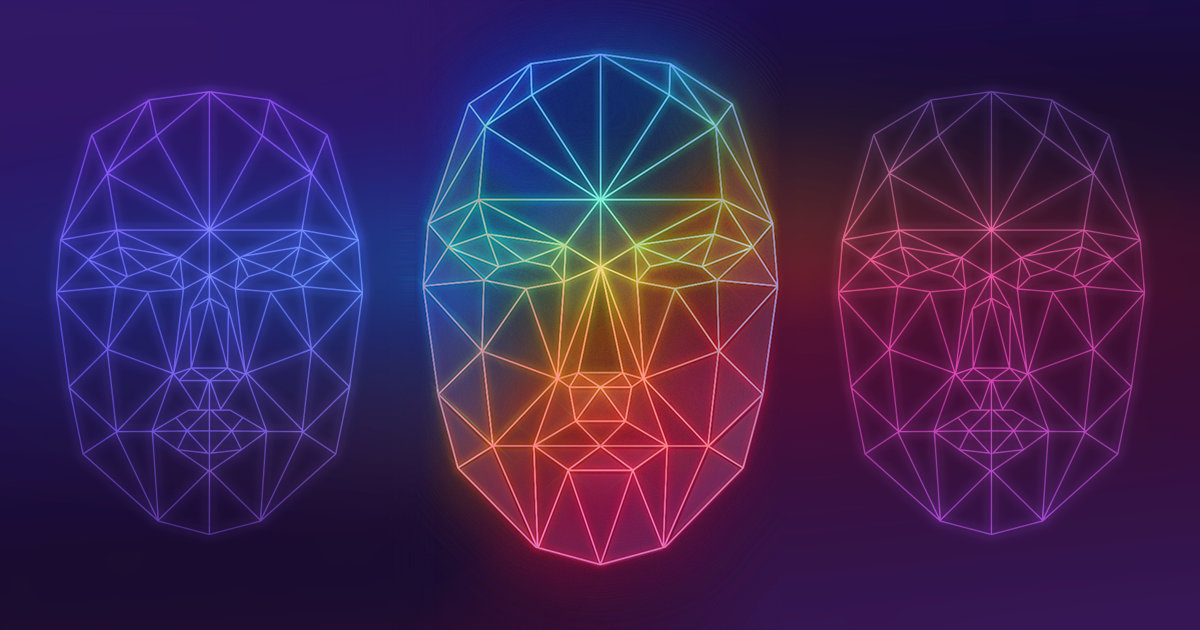Facial recognition is a threat to privacy, racial justice, free expression, and information security. EFF supports strict restrictions on face recognition use by private companies, and total bans on government use of the technology. Face recognition in all of its forms, including face scanning and real-time tracking, pose threats to civil liberties and individual privacy. “False positive” error rates are significantly higher for women, children, and people of color, meaning face recognition has an unfair discriminatory impact. Coupled with the fact that cameras are over-deployed in neighborhoods with immigrants and people of color, spying technologies like face surveillance serve to amplify existing disparities in the criminal justice system.
Across the nation local communities from San Francisco to Boston have moved to ban government use of facial recognition. In New York, Electronic Frontier Alliance member Surveillance Technology Oversight Project (S.T.O.P.) is at the forefront of this movement. Recently we got the chance to speak with them about their efforts and what people can do to help advance the cause. S.T.O.P. is a New York-based civil rights and privacy organization that does research, advocacy, and litigation around issues of surveillance technology abuse.
What does “Ban The Scan” mean?
When we say scan, we are referring to the “face scan” component of facial recognition technology. Surveillance, and more specifically facial recognition, disproportionately targets Black, Brown, Indigenous, and immigrant communities, amplifying the discrimination that has defined New York’s policing for as long as our state has had police. Facial recognition is notoriously biased and often abused by law enforcement. It is a threat to free speech, freedom of association, and other civil liberties. Ban the Scan is a campaign and coalition built around passing two packages of bills that would ban facial recognition in a variety of contexts in New York City and New York State.
Are there any differences with the State vs City version?
The City and State packages are largely similar. The main differences are that the State package contains a bill banning law enforcement use of facial recognition, whereas the City package has a bill that bans all government use of the technology (although this bill has yet to be introduced). The State package also contains an additional bill banning facial recognition use in schools, which would codify an existing regulatory ban that currently applies to schools.
What hurdles exist to its passage?
For the New York State package, the coalition is newly coming together, so we are still gathering support from legislators and the public. For the City package, we are lucky to have a lot of support already, and we are waiting to have a hearing conducted on the residential ban bills and move them into the next phase of legislation. We are also working to get the bill banning government use introduced at the City level.
What can people do to help this good legislation? How to get involved?
We recently launched a campaign website for both City and State packages (banthescan.org). If you’re a New York City or State resident, you can look up your legislators (links below!) and contact them to ask them to support these bills or thank them for their support if they are already signed on. We also have social media toolkits with graphics and guidance on how to help spread the word!
Find your NYS Assemblymember: https://nyassembly.gov/mem/search/
Find your NYS Senator: https://www.nysenate.gov/find-my-senator
Find your NYC Councilmember: https://council.nyc.gov/map-widget/








